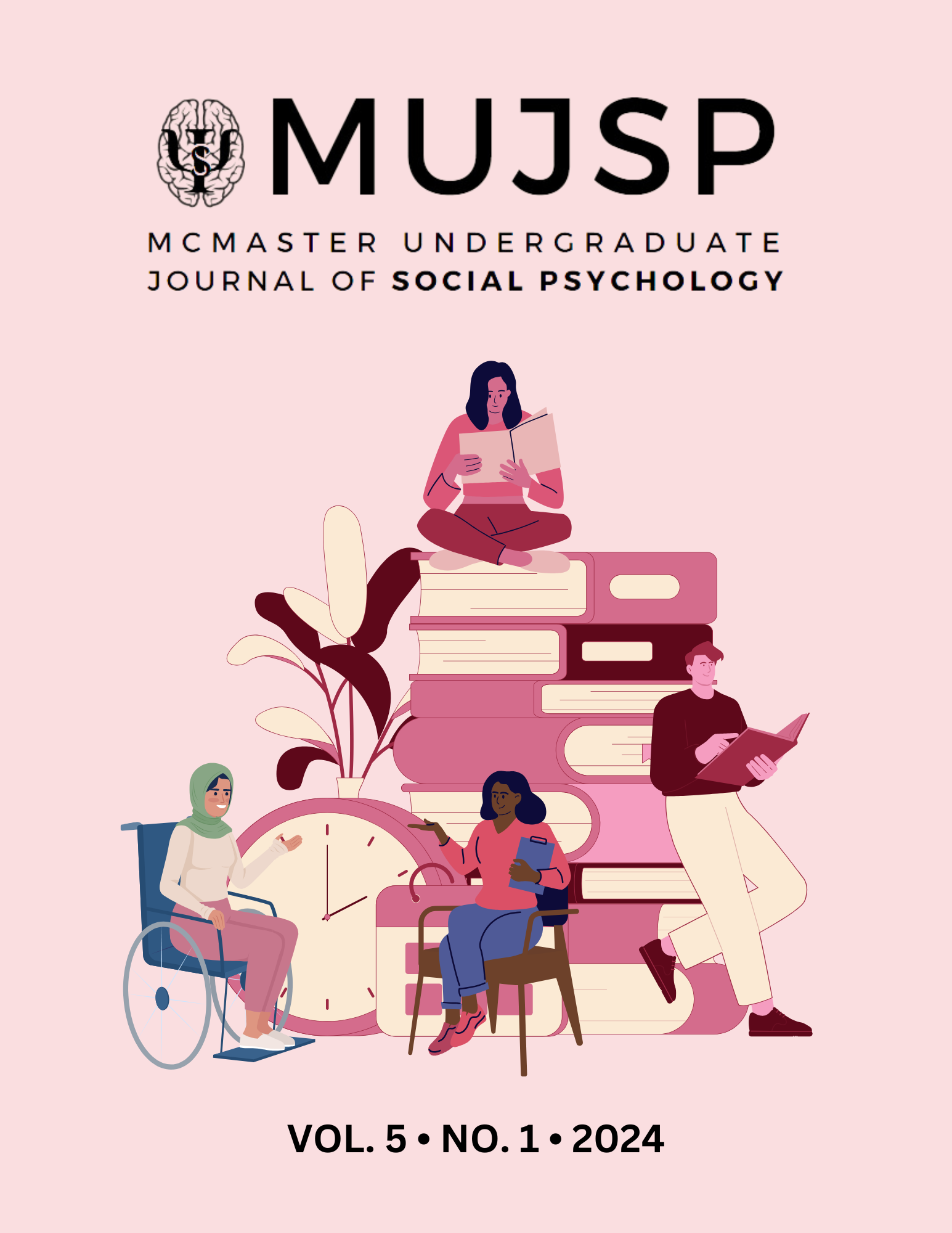Associations between Culture, Biomarkers, and Medicalization in Western Society's Increasing Mental Health Crisis
Abstract
Despite the wealth of their countries, people living in Canada and the United States report the highest rates of mental health problems in the world. How might the influence of medicalization play a role in this phenomenon?
The ever-increasing mental health crisis which continues to plague North American populations reflects a desperate need to reform current treatment modalities. While the implications of treating people differently, based on non-normative behaviour or characteristics in a mixed society, poses a need to challenge our understanding of what mental illness truly is. Extending upon Dr. Mat Savelli’s research from An Introduction to Mental Health and Illness: Critical Perspectives (Savelli, Gillet & Andrews, 2018), this paper highlights systemic limitations in the existing treatment approach through themes extracted from specific case studies providing insights into key influences contributing to this trend of increased mental illness rates. Savelli’s work illustrates how a lack of biomarkers in psychiatry operationalizes a diagnostic model heavily reliant on the subjective discretions of physicians, in turn making North American populations vulnerable to practitioner bias, medicalization, and ultimately, increased rates of mental illness. Savelli then masterfully demonstrates how social construction of mental illnesses can occur through the pathologizing of perceived atypical behaviours, feelings, and diversities present within a mixed society. This is problematic since diagnostic criteria for these conditions assume healthy baseline social norms for otherwise subjective human experiences, while also lacking the biomarkers necessary to actually confirm diagnoses. Finally, Savelli highlights Western medicine’s failure to accommodate the social diversities of North American populations by identifying a key discrepancy within the theoretical framework of the DSM-V: treating conceptions of mental illness and culture as binary, non-overlapping categories during the diagnostic process. As a result, individuals possessing cultural identities outside the societal norm risk being subjected to pathologized interpretations of any psychological distresses related to social injustices when accessing a healthcare system heavily influenced by the DSM-V manual.
This paper builds onto Savelli’s work by utilizing his research to illustrate a bigger picture revealing an exploitative system which breeds mental illness, with medicalization serving as a vehicle to stimulate the economy rather than promote societal wellness. This piece contributes to the ongoing discourse challenging the efficacy of modern mental healthcare by advocating inclusion of a sociopsychological lens in Western medicine to optimize treatment outcomes through more personalized interventions that better recognize the subjective needs, social constructs, and cultural backgrounds of patients. This multidisciplinary approach refocuses existing diagnostic and treatment models toward more personalized interventions that promote mental wellness rather than merely diagnosing an issue with a view to prescribing pharmaceuticals.


